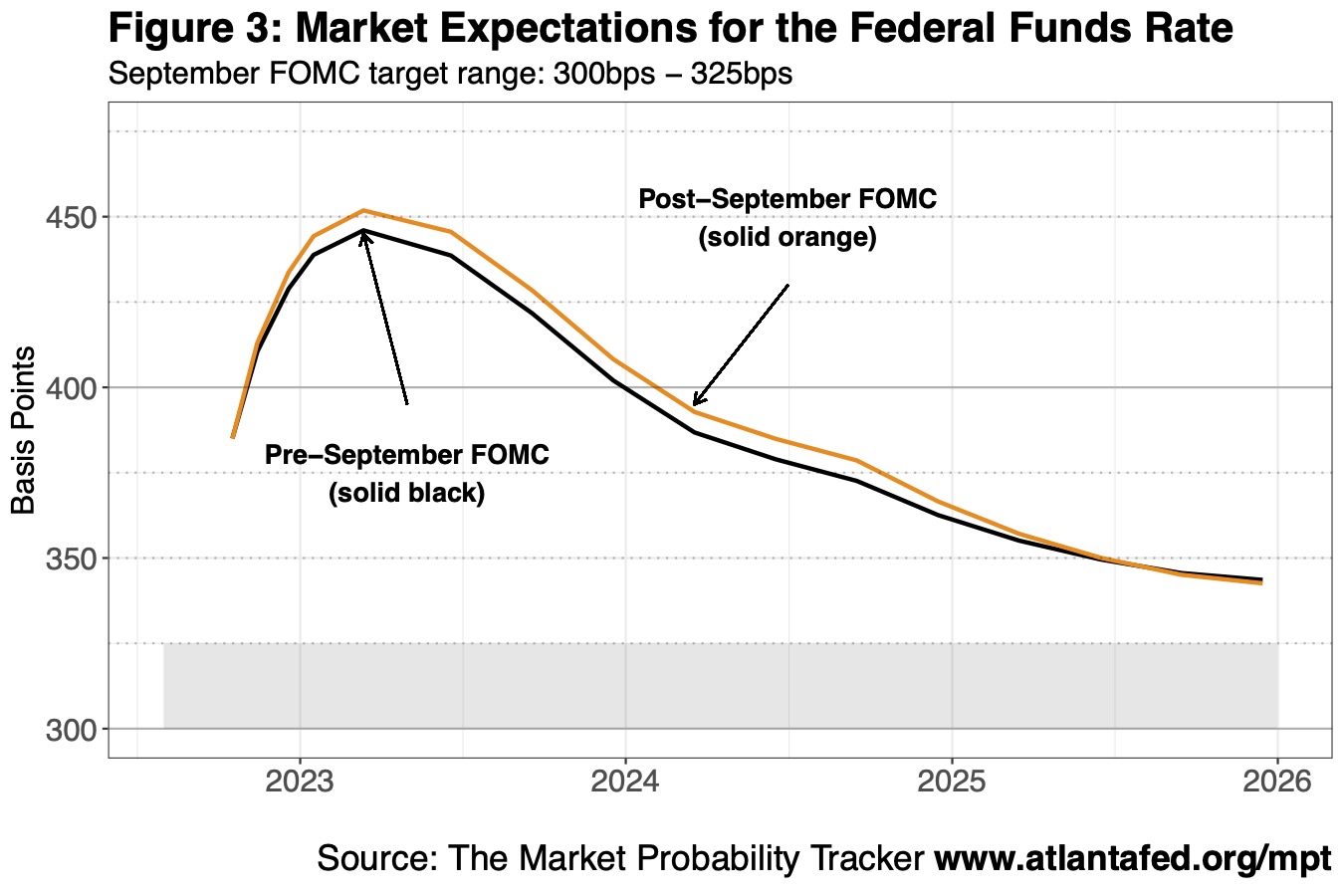Economy

Economy
05 Nov, 2025
China’s Supreme Court Cracks Down on Social Insurance Evasion Amid Economic Strains
Basilia Magsaysay
China’s highest court has recently issued a significant ruling declaring that schemes between employers and employees designed to avoid social insurance payments are unlawful. This decision aims to reinforce contributions that support the nation's strained pension systems, but also raises concerns among small businesses about increased labor costs and potential job losses.
Interviews with 18 workers across China revealed that only three received full company social insurance payments, with the remainder indicating their employers did not contribute as mandated. Workers requested anonymity due to fears of retaliation.
This situation signals that despite the Supreme Court’s efforts, securing additional funding for expanded social welfare remains challenging. Such funding is crucial as China attempts to shift towards an economic growth model driven more by domestic consumption rather than debt-heavy infrastructure and industrial investment.
A 2019 report by the Chinese Academy of Social Sciences warned the national pension fund could be depleted by 2035, exacerbated by a shrinking ratio of active workers to retirees. Updated projections from 2024 suggest that delayed retirement could extend the fund’s life by nearly a decade, yet this does not fully resolve the financial shortfall.
Economically, China faces declining factory profit margins influenced by deflation and ongoing trade frictions with the United States, leading policymakers to juggle short-term employment stability against the need for systemic reform. Weak consumer confidence and falling real estate prices have further suppressed spending, while demands to finance a broader social safety net increase labor costs—costs smaller companies report struggling to cover.
Some employers have responded by presenting workers with contracts that reclassify a portion of wages as "social insurance subsidies," without actually increasing pay or making corresponding contributions. One supermarket clerk in Guangxi disclosed she was asked to sign such a contract, effectively relinquishing company-funded social insurance payments and agreeing to forgo rights to arbitration or legal claims.
Similarly, a real estate agent in Guangdong reported a comparable contract modification that diverted part of her salary into a "social-insurance subsidy" without enrollment.
Legal expert Peng Shugang, a senior partner at China Commercial Law Firm in Shanghai, condemned these practices as illegal and highlighted that China’s tax system now facilitates real-time monitoring of social insurance payments, enabling authorities to detect inconsistencies immediately.
The autumn Canton Fair now requires exhibitors to provide proof of social insurance payments, a newly implemented regulation, though alternative salary records can be accepted. This underscores the government’s increasing emphasis on compliance.
However, some business owners remain cautious. A manufacturing facility in Zhejiang province with 80 employees is selectively paying social insurance only for permanent full-time staff, awaiting clearer enforcement trends before covering part-time or seasonal workers.
Ren, the factory owner, remarked, "If the authorities enforce this strictly, many businesses may face bankruptcy. At the same time, the country aims to reduce production capacity, so perhaps this is acceptable."
Conversely, not all employers resist the ruling. Wang Hu, proprietor of an outdoor wedding photography company in Yunnan with 70 staff, has begun adhering fully to social insurance payments, estimating a cost of roughly one million yuan annually—around 20% of his revenue. Wang expressed a sense of responsibility, stating, "I worked for others for 16 years and none paid my social insurance. Now that business has improved, I want to give back."
As the government intensifies oversight of social insurance compliance, China confronts the complex task of balancing economic reform, social welfare funding, and the survival of its smaller businesses amid a shifting economic landscape.
Recommended For You

Fed Governor Miran Warns Current Monetary Policy Is Excessively Restrictive Amid Changing Economic Conditions
Nov 05, 2025
Nemesio Gatdula

Philippine Navy Boosts Security in Eastern Mindanao with Arrival of Three New Vessels
Nov 05, 2025
Nemesio Gatdula

Quezon City Honors Chess Grandmaster Rogelio Antonio Jr. for International Triumphs
Nov 05, 2025
Crispin Abella

Bulgaria Advances to FIVB Men’s World Championship Quarterfinals with Straight-Set Win Over Portugal
Nov 05, 2025
Crispin Abella
